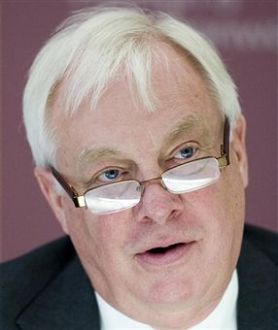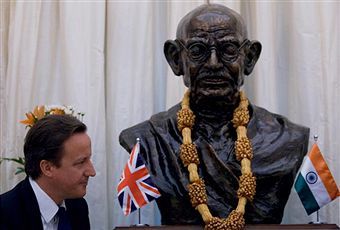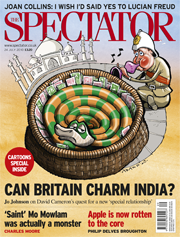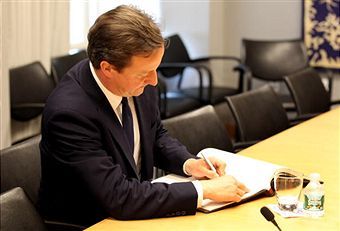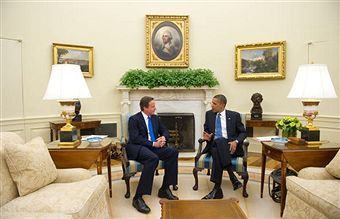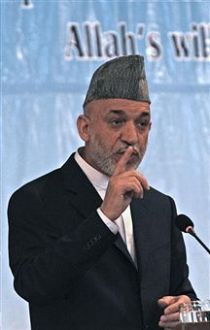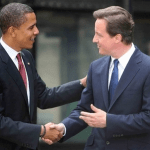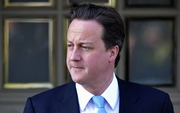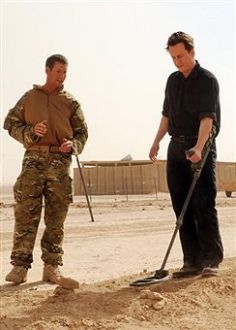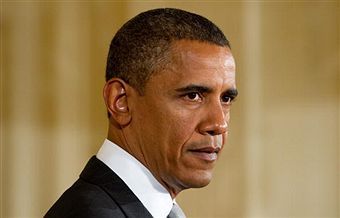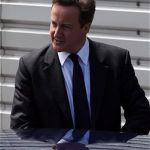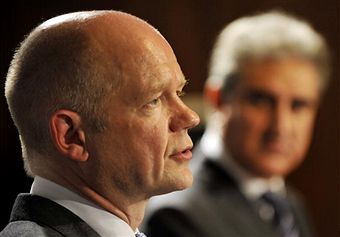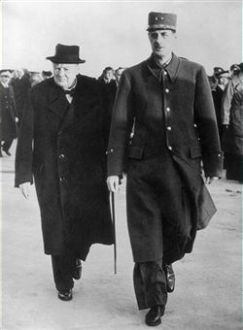Officials: Better than 50 percent chance that Israel will strike Iran next year
The Iran issue has dropped down the news agenda in recent months. But that doesn’t mean it has gone away. Even with the difficulties that Iran’s nuclear programme has faced, any decision on whether to try to use force to stop Iran becoming a nuclear-ready power will have to be taken in the next year or so as Jeffrey Goldberg’s brilliantly reported cover piece in the Atlantic reminds us. Goldberg writes, “I have interviewed roughly 40 current and past Israeli decision makers about a military strike, as well as many American and Arab officials. In most of these interviews, I have asked a simple question: what is the percentage chance



